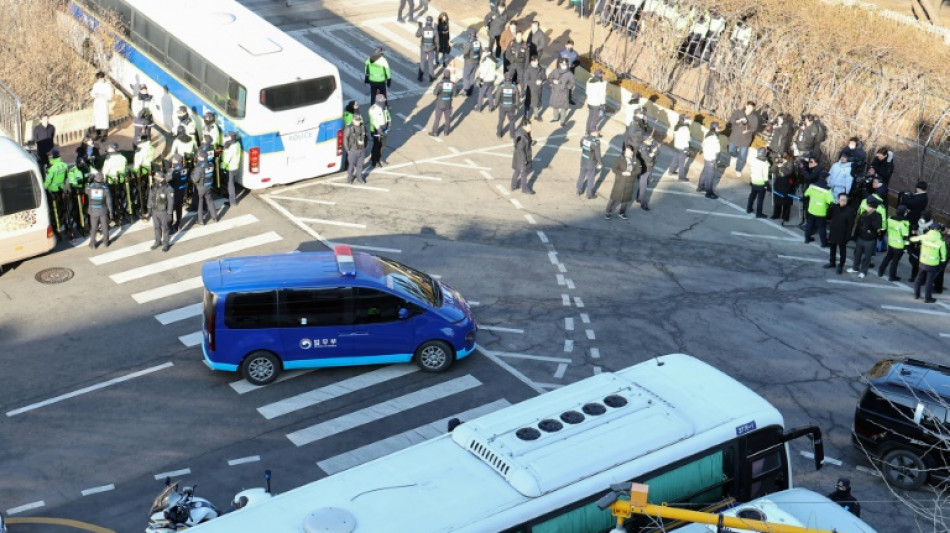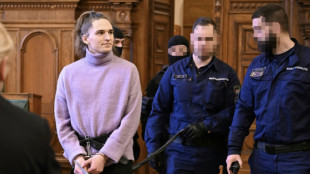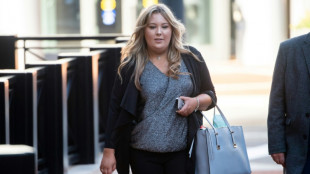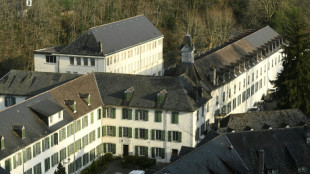

Ousted South Korean president sought to stop 'dictatorship', says lawyer
Ousted South Korean leader Yoon Suk Yeol's bid to impose martial law was aimed at thwarting a "legislative dictatorship" by the opposition-controlledparliament, his lawyer said Thursday, as Yoon became the country's first sitting president to stand trial in a criminal case.
The 64-year-old former prosecutor has been behind bars since he was arrested last month on charges of insurrection, for which he could be sentenced to life in prison -- or face the death penalty.
Criminal proceedings at Seoul's Central District Court on Thursday morning lasted just over an hour.
Yoon attended the hearing but did not speak, an AFP journalist in the packed courtroom said.
There was heavy security around the building, with Yonhap news agency reporting police mobilised around 3,200 personnel to the site.
Prosecutors have accused the suspended president of being the "ringleader of an insurrection".
They argued Thursday against releasing him from the detention facility where he has been held since mid-January, saying Yoon could try to "influence or persuade those involved in the case".
Addressing the court, Yoon's lawyer Kim Hong-il in turn condemned the "illegal probe", arguing the "investigating body has no jurisdiction".
"The declaration of martial law was not intended to paralyse the state," Kim said.
Instead, he said, it was meant to "alert the public to the national crisis caused by the legislative dictatorship of the dominant opposition party, which had crippled the administration".
"The judiciary must serve as the stabilising force," he told the court's three judges, warning that he was "witnessing a reality where illegality compounds illegality".
- Top brass to testify -
Separately, South Korea's Constitutional Court is deliberating whether to formally remove Yoon from office following his impeachment by parliament in December.
His tenth hearing in that case began around 3 pm (0600 GMT).
Yoon walked out after just five minutes, however, according to a pool report.
Called to testify at that hearing are Han Duck-soo, who was also impeached as acting president following Yoon's removal from office in December, and former senior intelligence official Hong Jang-won.
The head of South Korea's National Police Agency Cho Ji-ho -- also on trial on insurrection charges related to the martial law decree -- has also been called as a witness.
It is not clear whether that impeachment hearing will be his last before the Constitutional Court's eight judges go behind closed doors to deliberate his fate.
That process could take up to a fortnight or even longer.
If Yoon is removed from office, the country must hold fresh presidential elections within 60 days.
Much of Yoon's impeachment trial has centred on the question of whether he violated the constitution by declaring martial law, which is reserved for national emergencies or times of war.
His decree only lasted around six hours as the opposition-led parliament defied troops to vote it down.
But it has plunged the democracy into months of political turmoil with protests, two impeachments and a surge of online disinformation.
P.MacNair--NG



